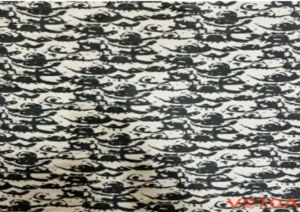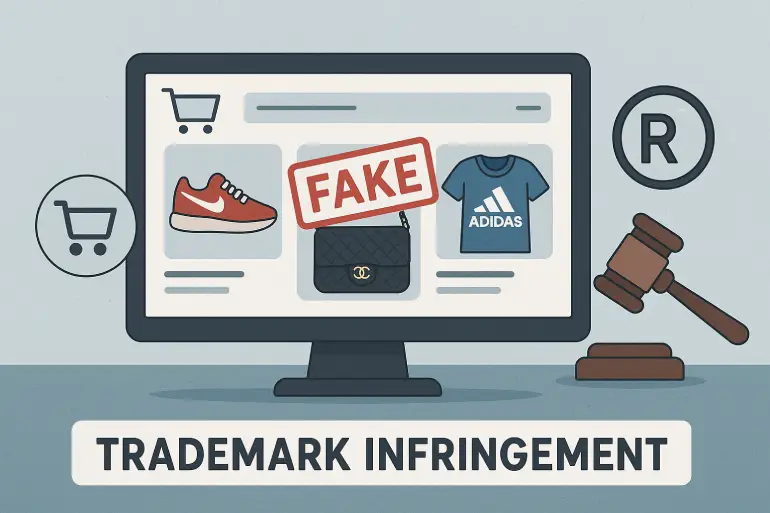The owners of the popular brand Brandy Melville have had enough. Bastiat USA, Inc. and Y.Y.G.M. SA (collectively, he “Plaintiffs”) contend that ultra-fast-fashion purveyor Temu is unlawfully profiting from the goodwill associated with Brandy Melville by knowingly selling knockoff goods on its website. In their suit filed at the District Court of New Jersey on July 21, 2025, Plaintiffs allege that Temu is liable for several offenses, including copyright infringement, trademark infringement, unfair competition, and counterfeiting. Among other requested relief, including seeking over a million dollars in damages and Temu’s profits related to the misconduct, the Plaintiffs have asked the court to permanently enjoin Temu from selling or advertising any Brandy Melville products and from representing to the public that they are affiliated with Brandy Melville in any way.
The Plaintiffs claim in their complaint that Brandy Melville is one of the most popular fashion and lifestyle brands in the world among girls and young women aged 15-25, including in the US. They allege that Temu’s meteoric rise in the ultra-fast fashion industry is predicated on its misappropriation of the Plaintiffs’ intellectual property (IP), specifically their copyrighted Eye Fabric Design and various trademarks (see below).
Eye Fabric Design copyright

Trademarks (“BRANDY [heart] MELVILLE”, “CHILL SINCE”, and “RADIO SILENCE”)

Temu intentionally sells counterfeit Brandy Melville-branded apparel on its website, argue the Plaintiffs, as evidenced by the configuration of Temu’s e-commerce site. When a customer enters “Brandy Melville” or another one of the Plaintiffs’ trademarks in the search field on the website, they are directed to unauthorized, cheaper, lesser quality goods bearing the Plaintiffs’ Eye Fabric Design and/or trademarks. Hence, the scheme that Temu perpetuates on its (perhaps) unwitting customers is facilitated by its unsanctioned display of the Plaintiffs’ authentic IP. Since customers recognize the Plaintiffs’ IP when displayed by Temu in conjunction with the goods it’s selling, they likely assume that the products are genuine Brandy Melville articles. But they are not. It’s a classic bait-and-switch.
Alternatively, the Plaintiffs allege that if Temu is not intentionally infringing their IP, then, at the very least, it is turning a willful blind eye to the rampant infringement of Plaintiffs’ IP by others on Temu’s website. Either way, Temu is liable for contributing to the infringement because it profits from it.
Fashion designers and IP owners of all kinds should be interested in the outcome of the Plaintiffs’ dispute with Temu. Owning a registered trademark not only adds value, legitimacy, and prestige to your brand, but it also provides the most effective means of having infringing marks and knockoff goods taken down from e-commerce platforms such as Amazon and Facebook Marketplace. Like Plaintiffs, if you believe that you’ve been the victim of IP theft, you must fight back and police your rights. Enforcing your rights includes filing a takedown notice with the e-commerce platform that is selling the infringing items, sending a cease-and-desist letter to the infringer asking them to voluntarily remove the infringing goods and refraining from selling or promoting any more of them, and if all else fails, filing a lawsuit against the infringer in the appropriate court.

